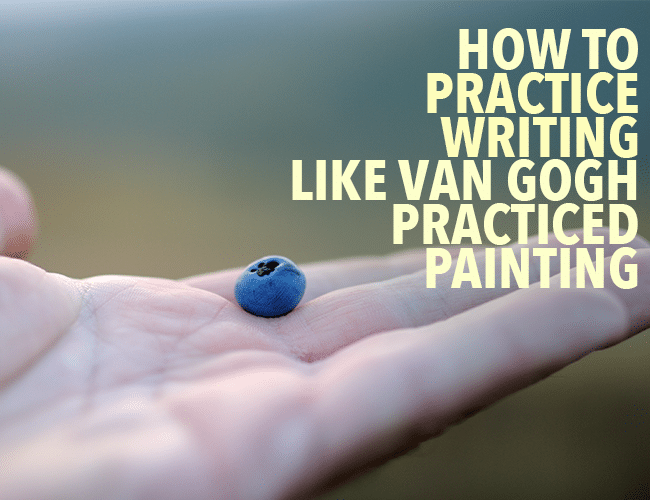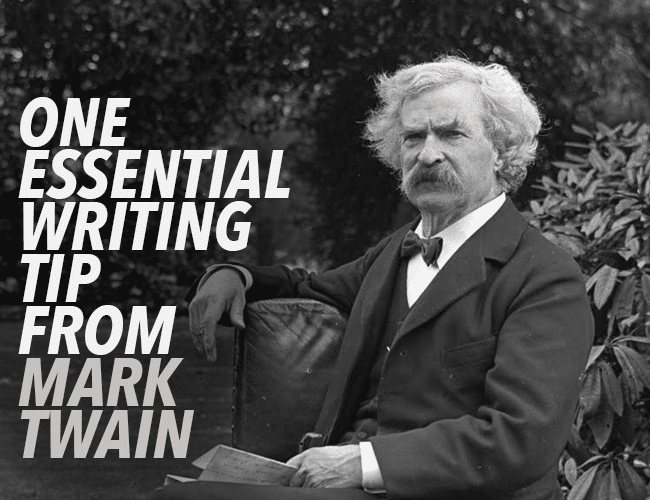
by Kellie McGann |
I’m a full-time writer with no English degree. (I’ll tell you a bigger secret, I actually don’t have a degree at all.) And after doing this for a few years I’ve realized that you don’t need an English degree to become a writer.
I’ve been writing for The Write Practice for about two and a half years. I started as an amateur and recently launched my own writing business. So really, I am the poster child for how you really CAN make it.
(I’m still not completely sure how I made it, but I’m going to spend the next couple posts sharing what I did and how you can make it as a writer too!)

by Jeff Goins |
When I began my career as a writer, I struggled to find my voice. Whenever I tried to write, I would inevitably drift into the style of another author. Sure, I’d heard that “good artists borrow; great artists steal,” but I felt like a fraud. Little did I know, I wasn’t alone.
For a long time, I thought real writers were born with innate talent, some style that was just waiting to get onto the page. Turns out, that’s not true.
We find our voices by mimicking the voices of others. Great writers do not try to be original. They copy the work of the masters.

by Jeff Elkins |
Sometimes writing can feel like a race. We rush to finish the next manuscript or the next novel or the next short story. We try to be factories that churn out narratives that will sell. We jump from one project to the next because we’ve been told consumers demand a constant flow of new things to devour.
This race can be exhausting and discouraging. In the midst of it, we can lose sight of the fact that writing, like any art, is a craft that needs to be practiced to be perfected. There is value in slowing down, taking a break from larger works, and practicing small things.

by Guest Blogger |
Nobody wants their writing to be described as “conventional” or “formulaic,” and in an effort to avoid such damning judgements, many young writers throw themselves past creative writing guides, the rules of writing, and all the catalogues of conventional wisdom, instead opting to carve their own path.
But before you follow suit and bend all the rules to write experimental fiction, there are a few things you need to know.

by Sue Weems |
Mark Twain is one of my favorite writers. When I read his essays last year, I came across a bit of revising gold in a 1906 essay titled “William Dean Howells.” Most of the essay praises Howells’s prose in general, but the final paragraphs address what Twain calls “stage directions.”
In a play, stage directions are only visible to the audience through the movement and actor’s inflection during the performance. In a novel, we rely on description to set scenes, give context, and deepen characterization. When done well, stage directions don’t distract from the character or action.
When done poorly, however, Twain has something to say about them.

by Pamela Fernuik |
I have a one-hundred-and-five-page book. It weighs four ounces. The Boston Globe thinks that “No book in shorter space, with fewer words, will help any writer more than this persistent little volume.” The Elements of Style by Shrunk White and E.B. White is as elemental to a writer as practicing scales is to a pianist.





